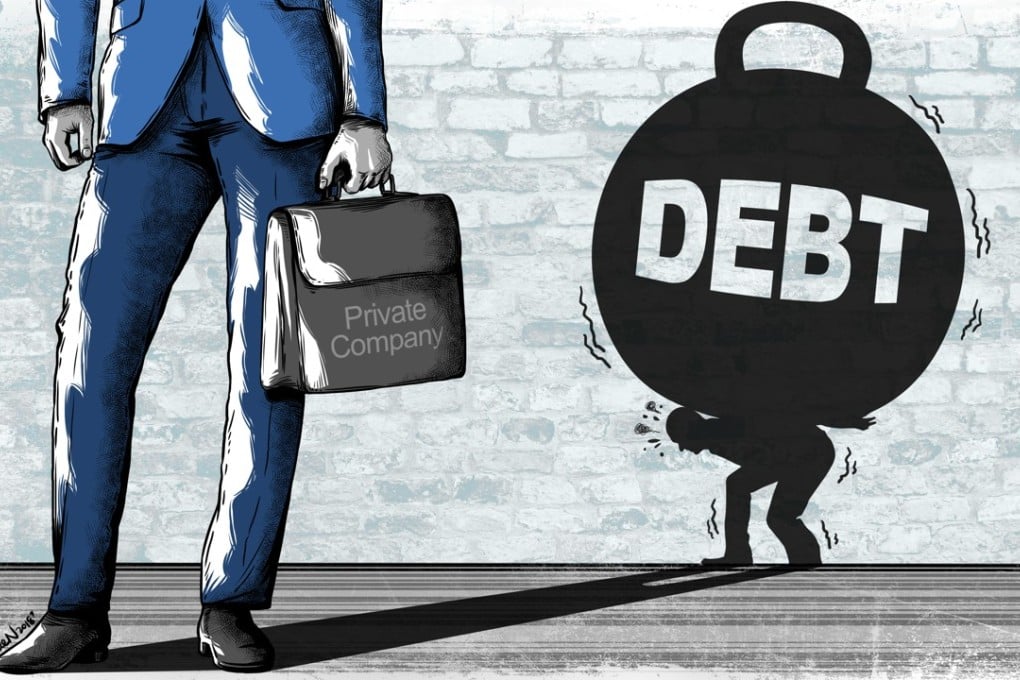Caught in China’s cash crunch: why private companies are collapsing into a black hole of shadowy debt
Chinese businessman Zhou Jiancan built an empire from steel pipes and industrial hoses but it all came apart when the money ran out

High-profile businessman Zhou Jiancan was last seen at the five-star Shangyu International Hotel on January 30, where he had been countless times before to host conferences and entertain clients in the small city in eastern China.
But on that afternoon, the 55-year-old head of private firm Zhejiang Jindun Holding Group was alone and climbed to a great enough height in the 30-storey building to leap to his death, according to a police report.
Zhou was the embodiment of wealth and success in Shangyu and just days before had been in talks with people from Bangladesh about a multibillion-dollar project to build a coal-fired power plant there, Shangyu Daily reported.
But his death brought down a house of cards, revealing a mountain of debt and setting off dozens of lawsuits as creditors began chasing their money.
It also revealed the perilous position of private companies, which are denied financing from mainstream banks and often must resort to China’s shadowy world of wealth products to stay afloat.
Zhou’s demise is a dramatic and lurid outcome for what would otherwise be considered the dry and technical policy shift by Beijing to tighten credit as part of its resolve to curb China’s debt, a top priority by Chinese President Xi Jinping.